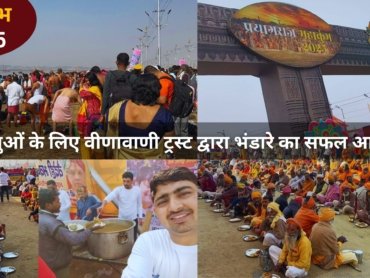sport
” Striving to provide authentic learning for all “
Overview
India has produced some of the world’s best sports persons in activities as diverse as cricket, boxing, badminton, archery and shooting. And yet, several of the country’s sports heroes have come from humble backgrounds like the wrestling akharas of Haryana or the rickety gyms of Tripura — these examples underline the effect of sports as a powerful tool for socio-economic progress. The Tata Trusts seek to harness this potential by actively working in underserved parts of the country, to reawaken aspirations and open new avenues for upliftment.
The UN lists sports as a development tool with a host of beneficial impacts that range from improving health and wellbeing to providing livelihood opportunities to attracting infrastructure investment for development. Nelson Mandela summed it up succinctly when he said that sports can change the world. The Tata Trusts have adopted sports as an innovative development theme to generate positive socio-economic change in local communities.
Started in the north-eastern states of Manipur, Meghalaya and Mizoram, the Trusts’ sports engagement has spread to Andhra Pradesh, Assam, Chhattisgarh, Delhi NCR, Jammu and Kashmir, Jharkhand, Karnataka, Kerala, Maharashtra, Nagaland, Odisha, Tamil Nadu and Telangana.
The challenge
Over the years, India’s education policies have emphasised academics as the prominent marker of intellectual development and economic progress. Sports, arts and culture are accorded a lower priority in school and college curricula.
Physical training in schools mainly involves marching drills or physical training exercises, often just once a week. There is limited opportunity for children to explore the excitement of an individual or team sport. Only a few individuals with an overriding passion for sport and the resources and family support to sustain and nurture that interest, are able to realise their dream of becoming sportspersons.
The other challenge is the limited availability of skilled resources such as certified coaches and sports programme managers, and sports scientists such as physiotherapists, nutritionists, psychologists, and data analysts. This impedes the path to sporting excellence, especially in non-urban and remote regions of India. This dearth of professionals in sports-related careers affects the number and quality of sportspersons that the country produces.
Our sports heritage
The Tata Trusts have a long and cherished history of contribution to the development of sport in India. Sir Dorabji Tata was a pioneering spirit who was deeply appreciative of the power of sport in transforming lives. As the first president of the Indian Olympic Committee, Sir Dorabji Tata was not only an active leader in shaping the development of sport in India, he also funded the country’s participation in the Antwerp (1920) and Paris (1924) Olympics.




